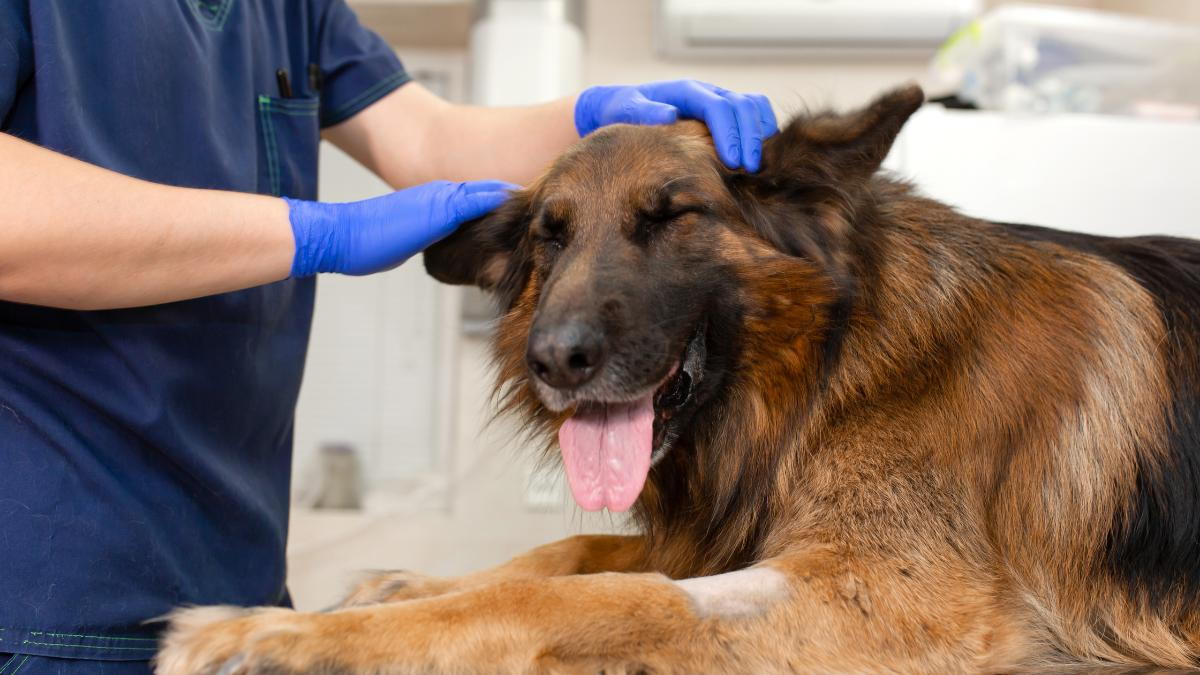
November is Pet Cancer Awareness Month. Affecting one in four dogs and one in five cats, cancer is the number one disease-related cause of death for dogs and cats in the United States. Hearing the word cancer when your dog or cat is diagnosed can be scary and confusing but we are here to talk you through it.
The good news is that pets today have a better chance of being successfully treated for neoplasia and cancer than they did before, thanks to advances in early recognition, diagnosis and treatment.
Approximately 1 in 4 dogs will, at some stage in their life, develop neoplasia. Almost half of dogs over the age of 10 will develop cancer. Dogs get cancer at roughly the same rate as humans, while there is less information about the rate of cancer in cats. Some cancers, such as lymphoma, are more common in cats than in dogs.
Possible signs of neoplasia in pets
Like people, pets can develop neoplasia affecting almost any organ or tissue in their body. The signs (symptoms) that may be observed vary based on the tissue involved and the severity of the neoplasia.
Consult your veterinarian if you observe any of the following signs in your pet:
- Abdominal swelling
- Bleeding from the mouth, nose or other body openings
- Difficulty breathing
- Difficulty eating
- Lumps, bumps or discolored skin
- Non-healing wounds
- Persistent diarrhea or vomiting
- Sudden changes in weight
- Unexplained swelling, heat, pain or lameness
- Visible mass/tumor
Many of the signs seen with neoplasia are also seen with non-neoplastic conditions, but they still need prompt attention by a veterinarian to determine the cause. Neoplasia is frequently treatable and early diagnosis will aid your veterinarian in delivering the best care possible.
What types of treatment are available?
The most common and often most effective treatment is surgical removal of the tumor. Other treatments may be considered for tumors that are too big or too numerous to be removed, in inaccessible locations, and for non-tumor types of cancer such as leukemia. These include drugs (chemotherapy), immunotherapy (specific or nonspecific stimulation of the immune system), and radiation therapy. These treatments are typically performed at specialty centers. New approaches, such as cancer vaccines, are under research and development.
Chemotherapy, radiation, and immunotherapy are not suitable for all types of cancer and may have significant side effects. Approximately 85% of animals who undergo chemotherapy will not develop side effects. Those that do, however, can usually be treated symptomatically with medications, and the symptoms are usually short-lived. Less than 5% of pet treated with chemotherapy will need to be hospitalized for adverse effects. Most pets feeling sick before chemotherapy actually feel better once they have received treatment (especially pets with lymphoma).



